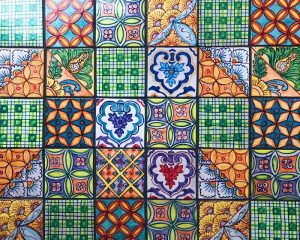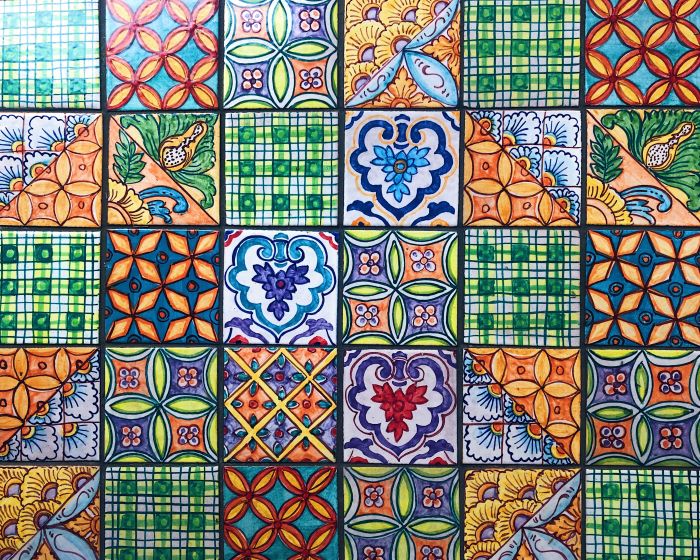
HASHEM spoke to Moshe, saying: “And you, speak to the Children of Israel and say: ‘Only keep My Shabbos! For it is a sign between Me and you for your generations, to know that I, HASHEM, make you holy. Therefore, keep the Shabbos, for it is a sacred thing for you. Those who desecrate it shall be put to death, for whoever performs work on it, that soul will be cut off from the midst of its people. Six days work may be done, but on the seventh day is a Shabbos of complete rest, holy to HASHEM; whoever performs work on the Sabbath day shall be put to death.’ And the Children of Israel observe the Shabbos, to make the Shabbos for their generations as an everlasting covenant. Between Me and the Children of Israel, it is forever a sign that [in] six days HASHEM created the heaven and the earth, and on the seventh day He ceased and rested.” (Shemos 31:12-17)
Shabbos is a serious business. The warning here is quite severe. How do we understand the weightiness of Shabbos Kodesh? Firstly, we see a curious description. HASHEM refers to Shabbos, not just a day in the week but as “My Shabbos”. It’s not my Shabbos or your Shabbos. It’s HASHEM’s Shabbos! What does that mean? Then we see something very curious. Shabbos is called “The Shabbos”. Are there not many days of Shabbos in a person’s lifetime and over the course of history? Which is “The Shabbos”? Next we are informed that the Jewish People keeping Shabbos over generations is an everlasting covenant and that HASHEM made the world in six days and rested on the seventh. What is the connection?
I have a wild theory. The world is only six days old. Allow me to explain please. HASHEM made a world in six days and then He rested and that seventh day was Shabbos. Before the first day of creation, before time, what day was it? It was Shabbos, albeit in a heavenly domain. Every week, after six days, our orbit of time brings us back to that Shabbos of pure Divine intent that now we are experiencing in this realm of physicality. Shabbos is “M’ayn Olam Haba” – “something akin to the Next World”. Here we are intersecting that same original Shabbos in an earthly setting again and again.
Maybe in that way Shabbos is “The Shabbos”. It’s not many different Shabbos(es). It’s all the same glorious Shabbos experienced by different Jews in various ages and settings. The Jewish People keep that Shabbos as generations past did and as generations futures will. We are not only keeping Shabbos for ourselves. The verse states, “And the Children of Israel observe the Shabbos, to make the Shabbos for their generations…” We are to keep Shabbos in such a way that future generations will keep it too. We are not keeping only for ourselves but as a part of a national project, which is an everlasting sign between HASHEM and the Jewish People.
It would seem that we are all working, as in the building of the Mishkan, over time building and creating Shabbos to Shabbos, year to year, generation to generation a beautiful multi-dimensional mosaic, an everlasting collage of Shabbos, filled with song, food, Torah learning, family time, and millions of other delights the greatest of which is Kirvas Elochim, delighting in HASHEM. That’s the sign! We can never imagine the grandeur and magnitude of that spiritual monument that was created throughout the gauntlet of human history by the Jewish People. Missing and shattered pieces of Shabbos would be obvious by their absence or carelessness and the mosaic would be lacking. It is a glorious tribute and an everlasting testimony to our holy mission in this world.
My wife and I asked a truly great educator, Rabbi Hershel Mashinsky ztl. how to keep our kids at the Shabbos table and interested in participating. He offered us priceless advice that we put into practice. He suggested that we make a family album and to write down before Shabbos who prepared what food Divre’ Torah and song. Then to inscribe after Shabbos, who were the guests, some quotable statements, and much more. The favorite pastime of the children on Shabbos became studying the books from years past. This was the record of our unique family culture keeping HASHEM’s Shabbos and contributing to “The Shabbos” our best impressions of Shabbos, to be included in what is promising to be the most magnificent mosaic.


